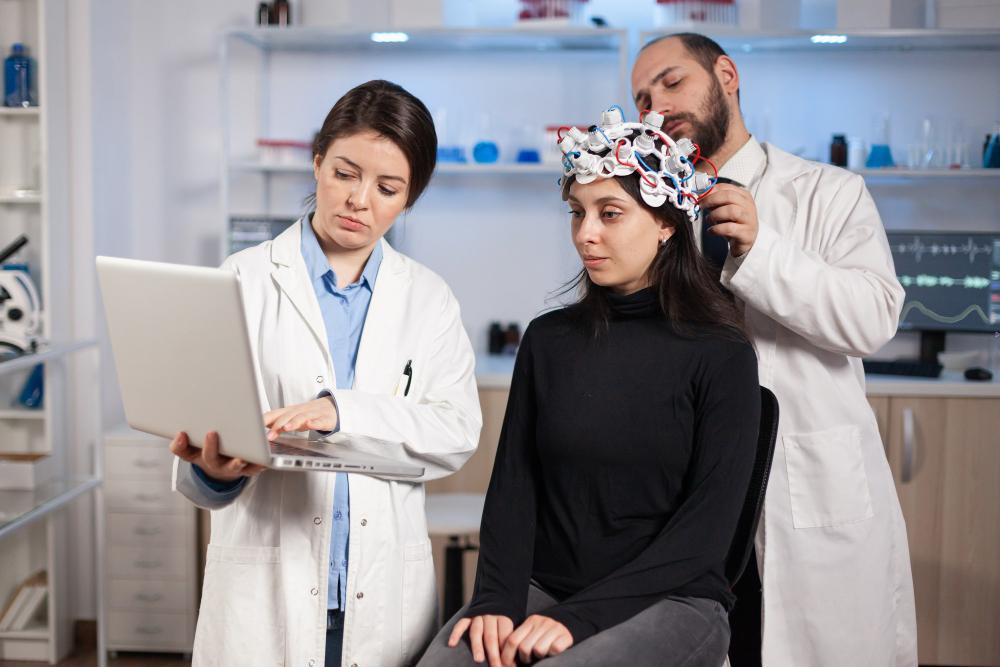Understanding Brain Stroke Symptoms, Causes and Diagnosis at Diagnopein

A brain stroke is a serious medical emergency that occurs when the blood supply to a part of the brain is interrupted or reduced. Without quick treatment, brain cells begin to die within minutes, leading to permanent damage. At Diagnopein, we believe that awareness is the first step in prevention and early treatment. Let’s understand what a brain stroke is, its warning signs, causes, and how timely diagnosis can save lives.
Discover More Details: https://www.diagnopein.com
What is a Brain Stroke?
A stroke happens when blood flow to the brain is blocked (ischemic stroke) or when a blood vessel bursts (hemorrhagic stroke). Both conditions stop oxygen and nutrients from reaching the brain, which can cause damage to brain tissues.
Types of Brain Stroke
-
Ischemic Stroke – The most common type, caused by a blood clot or blockage.
-
Hemorrhagic Stroke – Caused by bleeding in or around the brain due to a ruptured blood vessel.
-
Transient Ischemic Attack (TIA) – Often called a “mini-stroke,” it is a temporary blockage and an early warning sign of a future stroke.
Early Symptoms You Should Never Ignore
-
Sudden weakness or numbness in the face, arm, or leg (especially on one side of the body)
-
Difficulty speaking or understanding speech
-
Blurred or loss of vision in one or both eyes
-
Severe headache with no known cause
-
Trouble walking, dizziness, or loss of balance
💡 Remember FAST:
-
F – Face drooping
-
A – Arm weakness
-
S – Speech difficulty
-
T – Time to call emergency
What Causes a Stroke?
-
High blood pressure (Hypertension)
-
High cholesterol
-
Diabetes
-
Smoking and alcohol consumption
-
Obesity and sedentary lifestyle
-
Family history of stroke
How is a Stroke Diagnosed?
At Diagnopein, we provide advanced diagnostic tools to detect strokes early and accurately:
-
CT Scan – Identifies bleeding or blockages in the brain.
-
MRI Scan – Offers detailed images of brain tissues for precise detection.
-
Blood Tests – To check clotting factors, sugar levels, and cholesterol.
-
Carotid Ultrasound – Examines blood flow in neck arteries.
-
ECG/Echo – To detect heart conditions that may cause clots.
Treatment and Recovery
Treatment depends on the type of stroke:
-
Ischemic Stroke: Medicines like clot-busters and procedures to remove clots.
-
Hemorrhagic Stroke: Surgery or medications to control bleeding and reduce pressure.
Rehabilitation, including physiotherapy, speech therapy, and lifestyle management, plays a key role in recovery.
Prevention Tips
-
Control blood pressure and cholesterol.
-
Maintain a healthy diet and exercise regularly.
-
Quit smoking and limit alcohol.
-
Manage stress effectively.
-
Go for regular health checkups at Diagnopein.
Conclusion
A stroke can happen suddenly, but quick recognition and immediate diagnosis can make a life-saving difference. At Diagnopein Diagnostic, our advanced imaging and expert team ensure accurate detection and timely care.
📞 Book your brain stroke diagnostic tests today. Call +91 9204108108 or visit www.diagnopein.com
- Art
- Causes
- Crafts
- Dance
- Drinks
- Film
- Fitness
- Food
- Juegos
- Gardening
- Health
- Home
- Literature
- Music
- Networking
- Other
- Party
- Religion
- Shopping
- Sports
- Theater
- Wellness




